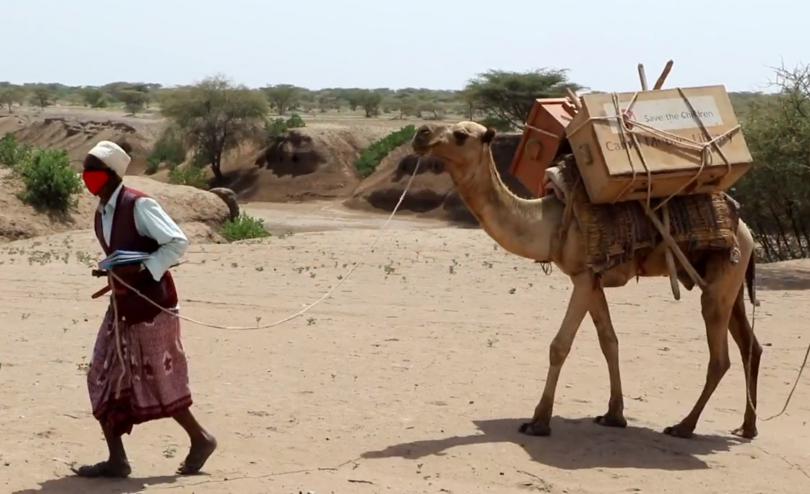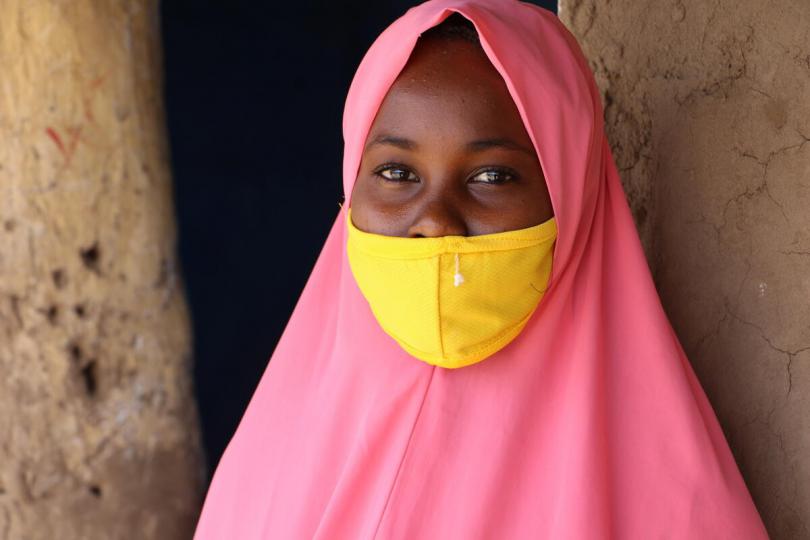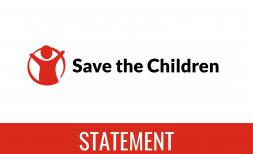Covid-19: a camel library takes remote learning to new levels

A camel library is giving children out of school in some of Ethiopia’s most remote villages a unique opportunity to continue reading and learning, despite COVID-19 school closures.
Save the Children first began the camel library in 2010. The programme includes 21 camels, which are traditionally used by communities in the Somali region of Ethiopia to transport goods across the hot lowland areas. Camels can carry up to 200 storybooks at a time in wooden boxes strapped to their backs. The project currently reaches over 22,000 children in 33 villages.
Across Ethiopia, over 26 million children are out of school due to COVID-19 lockdowns. By continuing its camel library outreach program, Save the Children is making sure children can continue to read and learn while at home.
Mahadiya, 13, is in grade seven in a remote part of the Somali region of eastern Ethiopia. Since COVID-19 forced her school to close in late March, she has been unable to go to class.
To help her keep up with her studies, Mahadiya is making use of Save the Children’s mobile camel library, which visits her village every week. When she grows up, Mahadiya says she hopes to become an engineer.
Mahadiya said:
“Before the coronavirus, we used to go to school regularly. The school used to provide us with a meal each school day, but now that has stopped. I feel sad and disappointed that I cannot go to school.
“I am worried it may not open soon. Because of this, I am worried that we could forget some of the things we learned in school and we could fail our exams.
“After schools were closed, many children were out of school and they were exposed to child labour and exploitation. Many children have become herders and some walk into the bush to look for firewood. When schools were closed, I was very sad. However, the camel library continued to come to our village and supplied us with storybooks. I feel very happy and I am now able to borrow and take home the storybook that I would like to read.”

Like 26 million other children in Ethiopia, Mahadiya, 13, pictured, is out of school because of coronavirus. With Save the Children's camel library, she is able to continue reading and learning at home.
Mahadiya’s family have also suffered financially during the COVID-19 lockdowns. Their family income used to come from a small shop, but because of increases in the price of goods and a decrease in the number of customers, her family is struggling to make ends meet. Her family also used to own livestock, but the ongoing drought in the region meant that most of the animals needed to be sold.
Ekin Ogutogullari, Save the Children’s Country Director in Ethiopia, said:
“It has been nearly three months since the first confirmed case of COVID-19 was recorded in Ethiopia. The virus poses particular challenges for vulnerable populations living in high density or resource poor communities, migrants and displaced children.
“In Ethiopia, we recently conducted a survey where children told our team about their perceptions and concerns about COVID-19. Children raised concerns around increases in child labour, early marriage, and abuse due to the outbreak and closure of schools.
“On top of this, Ethiopian children and their families are facing floods, desert locusts, cholera, measles, food insecurity, and rising poverty levels. The scale of this crisis is huge, but we are determined to meet the needs of the most vulnerable and ensure no child is worse off at the end of this pandemic.”
To support Save the Children’s global COVID-19 emergency appeal, click here.
Notes to editors:
- Save the Children is supporting Mahadiya’s family and others in the community with essential livelihoods support to help them keep afloat through this crisis. The organisation has provided start-up capital to families with low income and Mahadiya’s family has used this funding to run a small shop.
- Save the Children also provides veterinary services, crops and seeds, and financial support to farmers in the community.
Multimedia content available here.
For more information please contact:
Australia: Daphnee Cook, daphnee.cook@savethechildren.org +61 (0)422014763
London: Anonia Roupell, antonia.roupell@savethechildren.org +44 (0)7855957573
Media Line (out of hours): +44 (0)7831650409




